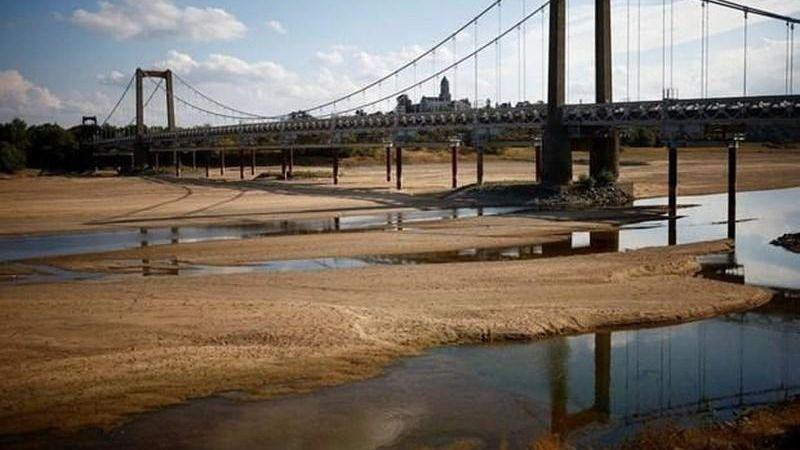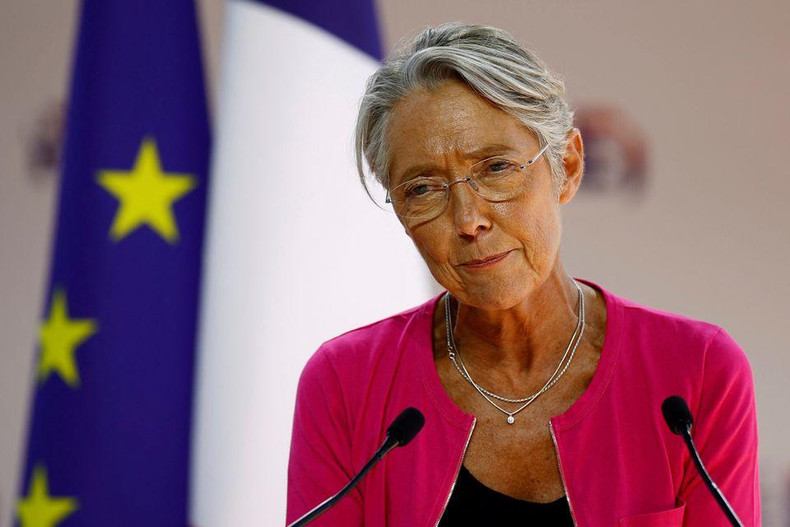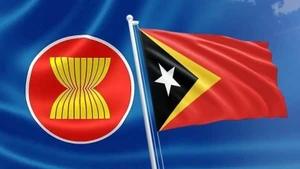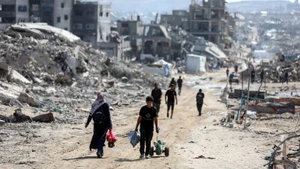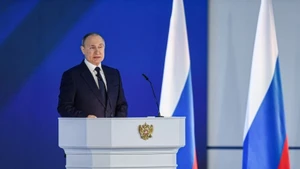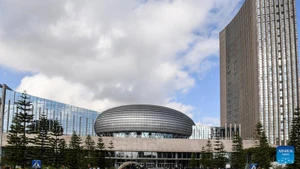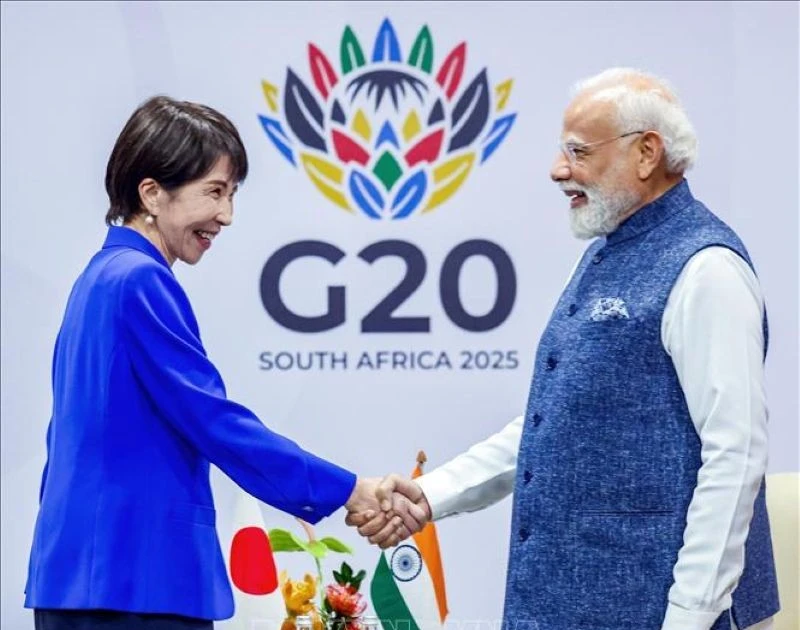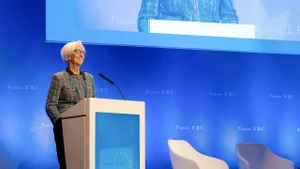In the context of increasingly serious climate change, the plan will help French Government to accelerate the implementation of its commitments to reduce emissions and contribute to the fight against global climate change.
The green fund aims to help local authorities to carry out measures to reduce greenhouse gas emissions and respond to climate change.
French Prime Minister Elisabeth Borne (Photo: Reuters)
With this plan to accelerate the ecological transition, we will act in all areas of our lives, such as buildings, transport, industry, agriculture, and water management.
According to the PM, scientists warned that the situation will be more serious if people do not change and take urgent action to protect the Earth.
According to the Joint Research Centre of the European Union, this year's drought for the continent could be the worst in 500 years, and 17% of the EU is under a state of alert, facing a severe level of water shortage.
July was the driest month on record, exacerbating the water shortage that has forced France to impose restrictions, said the French national meteorological service. Rainfall measured in the country was 9.7mm in July, 84% below the average levels seen for July between 1991 and 2022. That was the second-driest month since March 1961.
Loire River, which is famous for hundreds of riverside castles, was affected by the drought that caused its water level to drop to a record low during the past summer. This had a severe impact on aquatic species, waterways and production activities.
The river's water is so shallow that people can walk across the riverbed in many places. Low water levels are catastrophic for fish species, severely affecting fish habitat. The dried-out Loire River made it difficult for cruise ships to navigate. This situation also directly affected nuclear power plants as river water is the main cooling method of reactors.
Meanwhile, the hot weather caused forest fires and drought, so the French people had to struggle with an unprecedentedly hot summer. Farmers across the country reported difficulties in feeding their livestock due to arid pastures, while irrigation was banned in large areas of the northwest and southeast due to a lack of fresh water.
On the Rhine, which runs along the Franco-German border, vessels must operate at 30% of their capacity to avoid running aground because the water level is too low. Most of the 96 regions in France must impose water restrictions by avoiding washing cars at home, limiting watering plants and storing water in swimming pools.
Climate scientists said carbon emissions from burning fossil fuels are warming the Earth as well as increasing the risk and severity of droughts, heatwaves and other extreme weather events. The challenges from climate have changed the means of production and consumption, prompting France to announce that it will "rethink synthetic food methods".
In the France 2030 plan, with a total budget of 30 billion EUR to be invested in 10 priority areas, about 8 billion EUR will be devoted to decarbonization and deflation of greenhouse gas emissions from the economic activities (nuclear power development, green hydrogen and industrial electrification). Meanwhile, 4 billion EUR will be spent on transport (electric or hybrid cars, clean batteries and low carbon aircraft).
According to French President Emmanuel Macron, the transformation in these areas is necessary to achieve the goal of carbon neutrality by 2050. Therefore, the budget for the ecological transition and efforts to “decarbonise” the economy accounts for about 40% of the total investment amount. This figure will even reach close to 50% with spending on training included.
France has been actively implementing its commitments to curb the warming of the Earth's climate, as well as reduce the damage caused by climate change. Reducing greenhouse gas emissions and ecological transformation is one of the key tasks set by the French President Macron administration to help the country become one of the world's leading countries in the combat against climate change.
